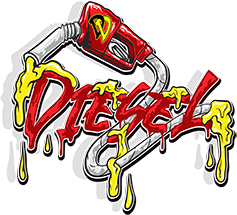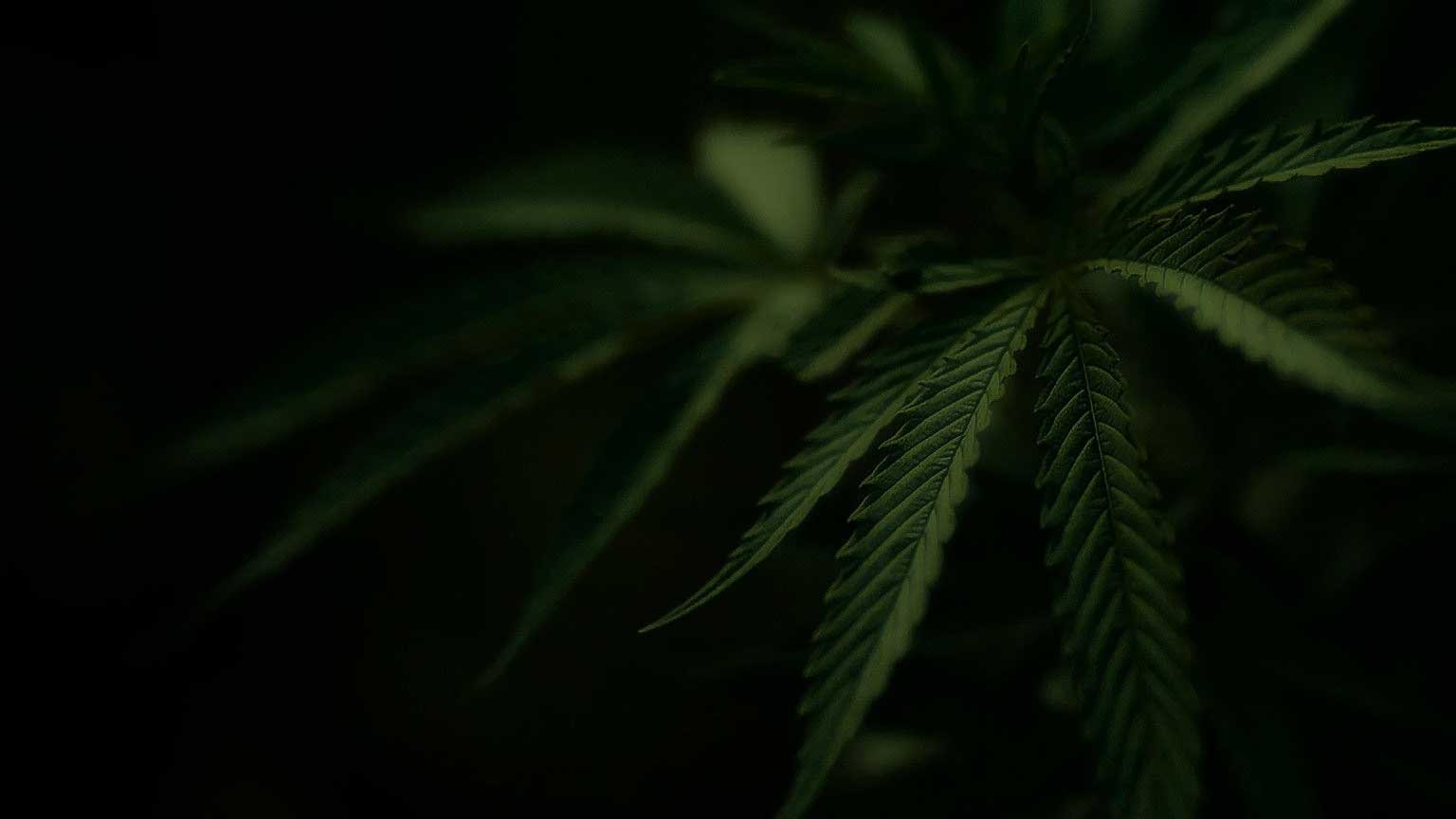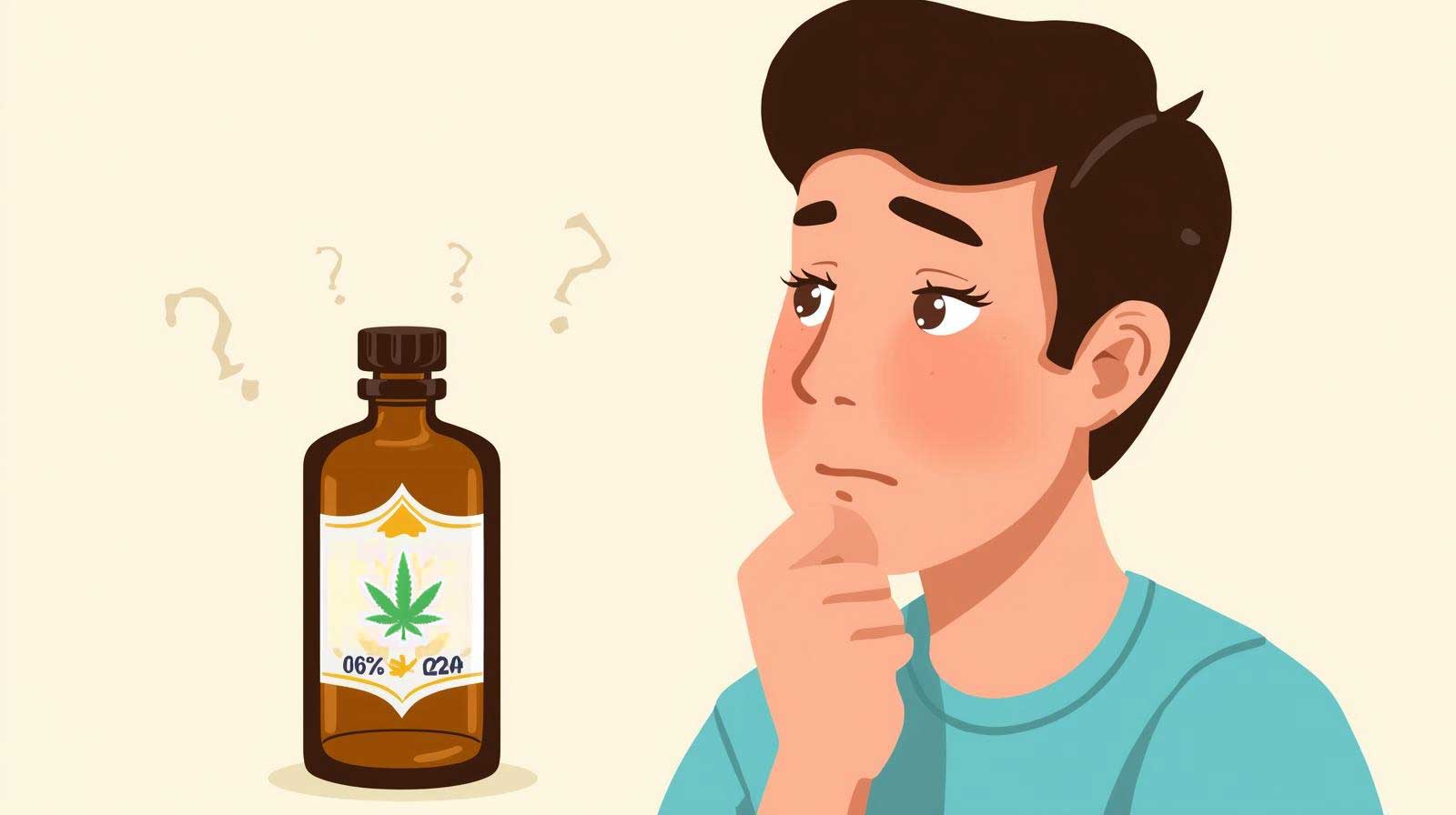CBD oil, often surrounded by curiosity and speculation, won't get you high like THC-heavy products do. While both stem from cannabis plants, their effects on your body contrast sharply. Whereas browsing quality CBD online may leave you guessing about the buzz or calmness it might induce, real feelings after consumption are typically milder than expected.
Without the psychoactive kick of its notorious cousin THC, CBD leans more into a gentle mood shift rather than an intoxicating experience. Let's dig deeper into what actually rolls in when you introduce CBD oil to your routine.
Exploring CBD Oil Effects
You might wonder if using CBD oil can get you high. To clarify, CBD is non-psychoactive and won't intoxicate you or lead to a "high" feeling. Instead of altering your state of mind, it may influence the body differently, by potentially causing drowsiness, changes in alertness levels, digestive issues like diarrhea, appetite fluctuation, as well as agitation and irritability in some cases.
Unlike THC (the main psychoactive component in cannabis), which alters senses and perception among other effects that contribute to the typical marijuana-induced high, CBD interacts with different receptors such as those for serotonin, also involved with mood regulation. When considering how to use CBD products effectively, it's important to look out for quality standards. The FDA's limited regulation can lead to mislabeling and contamination risks involving pesticides or solvents.
For example, comparing labels against manufacturing practices is a key step when choosing reliable options online, like those available through buy cbd oil online. Research shows people turn towards this product hoping for relief from various conditions, ranging from epilepsy seizures specified within Epidiolex. To chronic pain management all without pursuing a 'high'.
CBD vs THC High Differences
When contemplating whether CBD oil will induce a high, it's crucial to understand the contrast between CBD and THC effects. These cannabinoids interact with your body differently.
- THC is primarily associated with the psychoactive 'high' many connect with cannabis use. It interacts strongly with brain receptors, inducing euphoria along with potential discomfort for some individuals.
- Unlike THC, CBD does not produce this intoxicating effect as it binds weakly to these cerebral receptors if at all. Many users report that instead of a high, they feel subtle relief or no noticeable change in demeanor.
- Legally speaking, hemp-derived CBD products are permissible under federal law when containing less than 0.3% THC; however, state regulations vary greatly, so check local laws before purchasing any cannabinoid-based items for personal use.
Buying Quality CBD Online
When buying CBD online, stay vigilant about outrageous product claims. Legitimate companies won't assert that their products can cure diseases like COVID-19; the FDA actively shuts down such statements. In a market with one FDA-approved prescription, Epidiolex for childhood seizures, it's clear most commercial CBD isn't government-endorsed for medical use.
Research your own state regulations to ensure legality in your area—guidelines vary widely across states. While evidence suggests benefits of CBD for specific ailments exist, remember: no rule-of-thumb applies universally regarding efficacy or safety when purchasing these supplements without professional guidance. Always opt for reputable sources and consult healthcare experts as necessary.
Sensations from Taking CBD Oil
- Relaxation Benefits: When you take CBD oil, it may help to calm your mind and body. This is often described as a sense of relaxation or relief from stress without impairing cognitive function. You might notice this soothing effect quite soon after ingestion if you are susceptible to the subtleties of how your body feels.
- Absence of Intoxication: Unlike THC, CBD does not cause euphoria or the feeling commonly known as being high. It acts as an antagonist to CB1 receptors in your brain, which prevents any intoxicating effects typically caused by cannabinoids like THC.
- Potential Side Effects: Although generally considered safe, taking large amounts of CBD could lead to side effects such as nausea and dizziness for some people—this contrasts with the uplift many seek when using cannabis products containing higher levels of THC.
Psychoactive Properties in Cannabinoids
Cannabinoids like CBD and THC affect your body differently. THC, or delta-9-tetrahydrocannabinol, is the psychoactive component that induces a high sensation found in marijuana products classified as Schedule 1 controlled substances by the DEA. In contrast, CBD doesn't have this effect on your brain function; rather, it's linked to potential health benefits without causing a high.
Although closely related chemically. Sharing identical molecular formulas. The arrangement of their atoms varies, leading to differing bodily effects upon consumption.
Notably, while both cannabinoids are derived from cannabis plants' resinous parts such as leaves and buds, they're distinguishable through their distinctive impacts on one's psyche and physiology.
Selecting THC-Free Products Safely
When selecting THC-free products, it's critical to ensure safety and legal compliance. Since CBD is not psychoactive like THC, choosing pure CBD ensures no high will be experienced.
- Examine the source: Look for products derived from legally grown hemp. These should comply with agricultural regulations and contain no more than 0.3% THC by weight, aligning with federal law.
- Check testing protocols: Reputable brands use third-party labs to verify their product's purity and potency. Make sure lab results are accessible so you can confirm the absence of THC in your selected product.
- Understand potential interactions: While usually well-tolerated, consider any medications you might be taking that could interact with CBD as both affect enzyme activity in the liver just like grapefruit does with certain drugs.
By paying attention to these aspects when choosing a product, consumers can confidently purchase safe and effective CBD options without worrying about unwanted side effects or legal issues related to unregulated markets.
Understanding the Entourage Effect Benefits
The 'entourage effect' is a concept suggesting that Cannabis-derived compounds, like THC and CBD, may work better together than alone. Despite claims of enhanced benefits from full-spectrum cannabis products due to this effect, evidence remains scarce and mostly anecdotal. Critics argue it's a marketing term with insufficient scientific backing.
Still, some studies hint at potential synergistic interactions between cannabinoids and other plant metabolites which could impact their therapeutic efficacy when combined, much like how multiple drugs can have stronger effects in polypharmacy settings. A thorough review highlights the need for more rigorous research to substantiate or refute these claims effectively.
You might think CBD oil could get you high due to its association with cannabis. However, it doesn't produce the intoxicating effects that THC does. Instead, people use it for health reasons like easing anxiety or pain.
It interacts with your body's endocannabinoid system but doesn't give the euphoria linked to THC in marijuana. If you're considering trying CBD products from Diesel Dispensary, rest assured they focus on wellness without altering your mind state—a natural pick-me-up minus the high!




Share:
How to Verify the Legitimacy of an Online Cannabis Dispensary
What is Microdosing Cannabis and Is It Right for You?